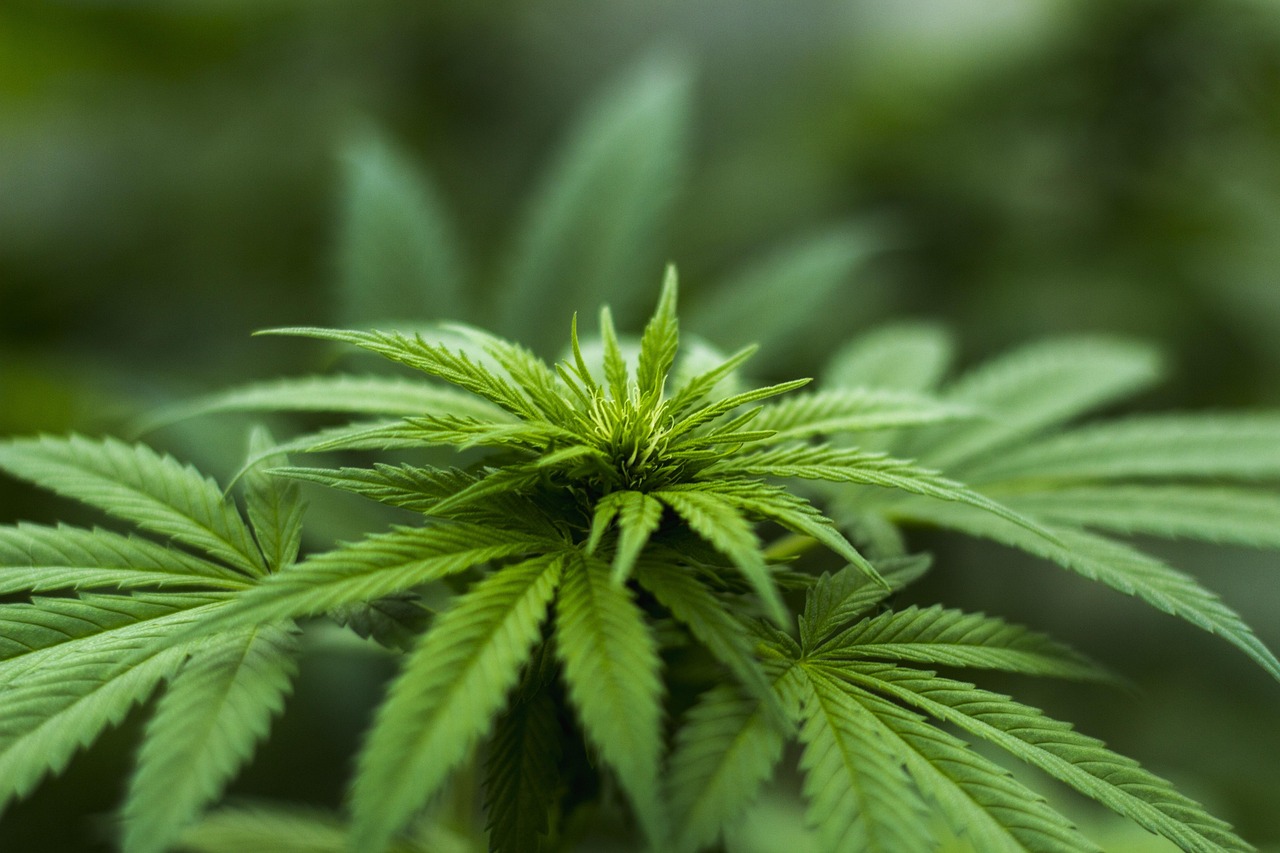Media release
From:
High concentration THC associated with schizophrenia, psychosis, and other unfavorable mental health outcomes
A systematic review analyzed associations of high-concentration delta-9-tetrahydrocannabinol (THC) cannabis products with mental health outcomes. The review found that high-concentration THC products are associated with unfavorable mental health outcomes, particularly for psychosis or schizophrenia and cannabis use disorder (CUD). However, there are limitations to currently available evidence and the researchers call for studies with improved designs to provide more accurate guidance for clinicians and the public. The review is published in Annals of Internal Medicine.
Researchers from University of Colorado Anschutz Medical Campus and colleagues analyzed 99 studies comprising 221,097 participants completed between 1977 and 2023. Study selection was intentionally broad and included studies examining associations between high-concentration cannabis products and mental health outcomes regardless of whether the study had the purpose of evaluating therapeutic effects. High-concentration cannabis products were defined as having THC concentration exceeding 5 mg THC or 10% THC per serving or products described as “high-potency concentrate,” “shatter,” or “dab.” The mental health outcomes of interest included anxiety, depression, psychosis, schizophrenia, CUD and other substance use disorders. The researchers defined acute effects (within 12 hours), post-acute effects (after consistent use for 1 to 2 months), and long-term effects (after consistent use for > 1 year). In studies not testing for therapeutic effects, high concentration THC products were associated with psychosis, schizophrenia, and cannabis use disorder. No therapeutic studies found favorable effects on psychosis or schizophrenia. Of non-therapeutic studies, 53% identified unfavorable associations with anxiety and 41% found unfavorable associations with depression. Among therapeutic studies, some suggested beneficial effects for anxiety (47%) and depression (48%), while others suggested unfavorable effects (24% for anxiety and 30% for depression). The findings reinforce previous conclusions that higher THC concentrations increase the risk for adverse mental health outcomes; however, they fall short of providing the definitive evidence needed to provide clear advice to patients.



 International
International


